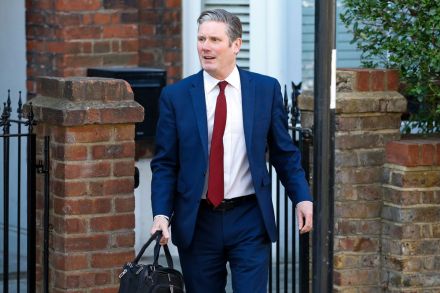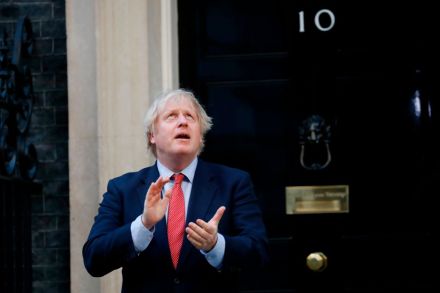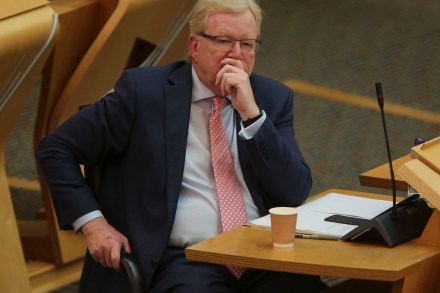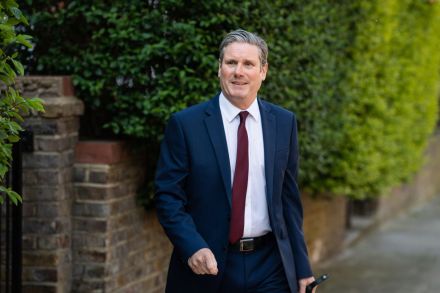Could Keir Starmer become a populist politician?
It has been a remarkable week. Boris Johnson’s refusal to sack Dominic Cummings for what the vast majority of Britons consider a flagrant breach of lockdown rules has caused his personal ratings to tumble. According to YouGov his party has seen a 15 per cent lead over Labour collapse to just 6 per cent in a matter of days. Johnson’s insistence that Cummings has done no wrong and that the country should move on from the issue and focus on tackling Covid suggests the Prime Minister hopes the fickle British public will eventually lose interest. Perhaps he is right: and with the next election four years away there is still




















